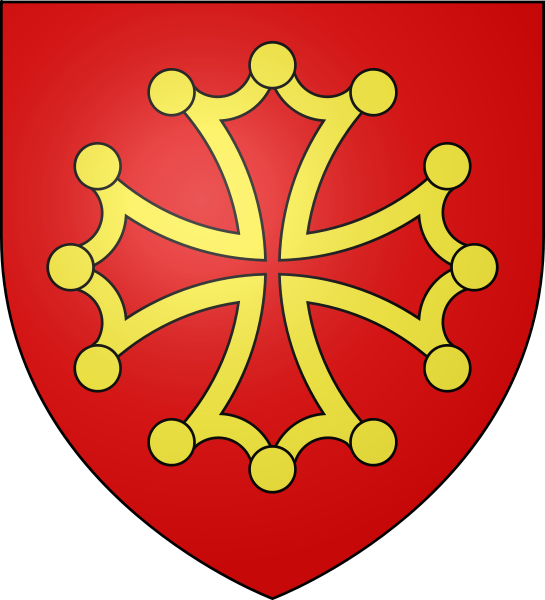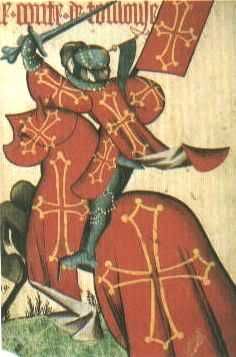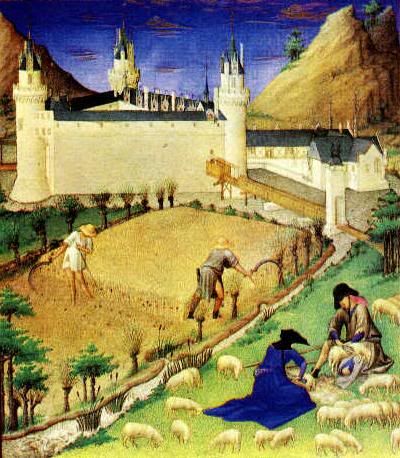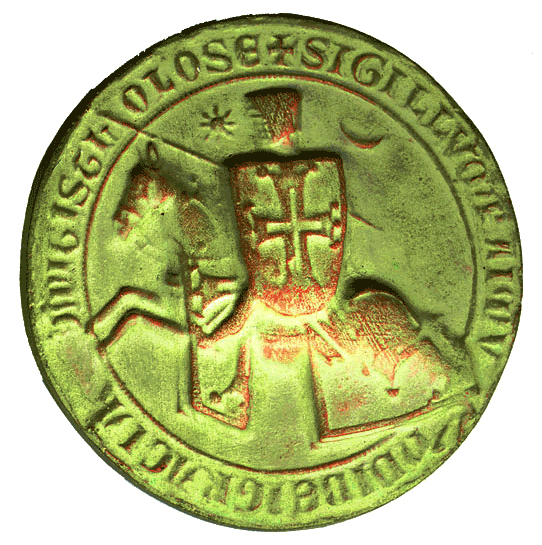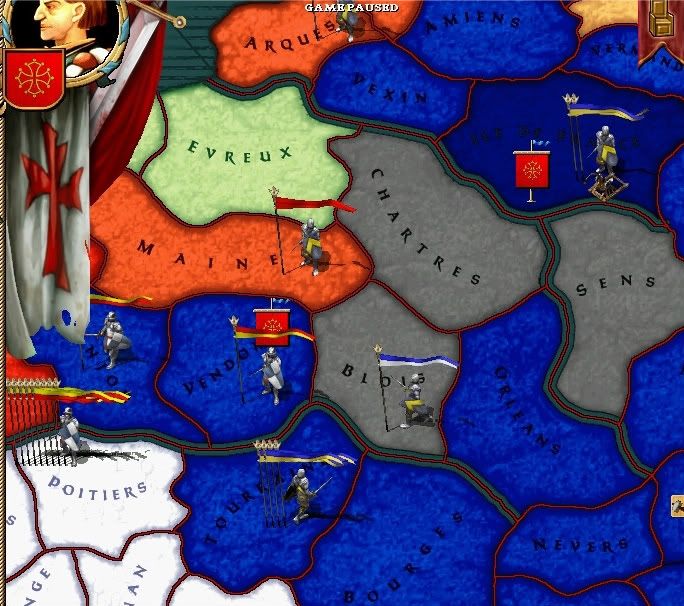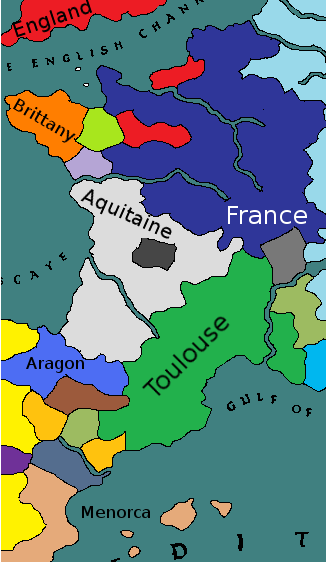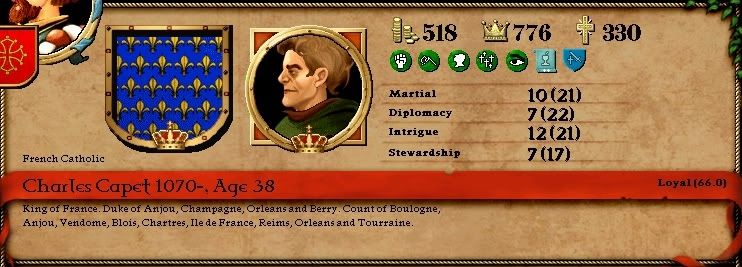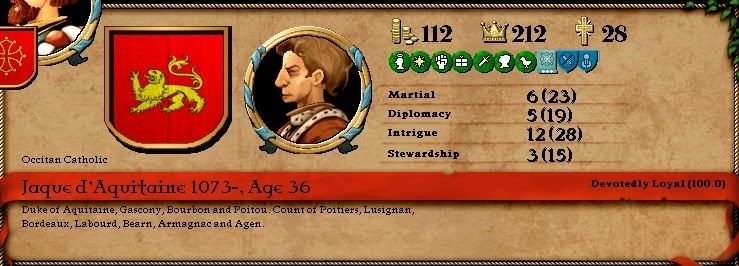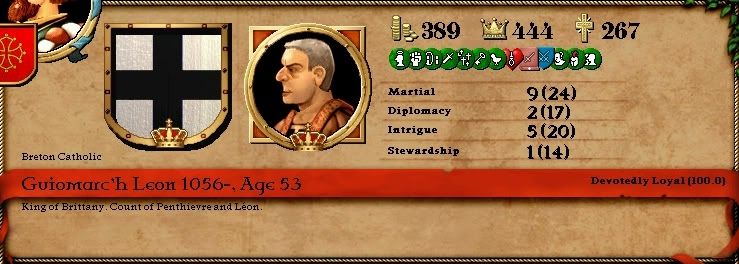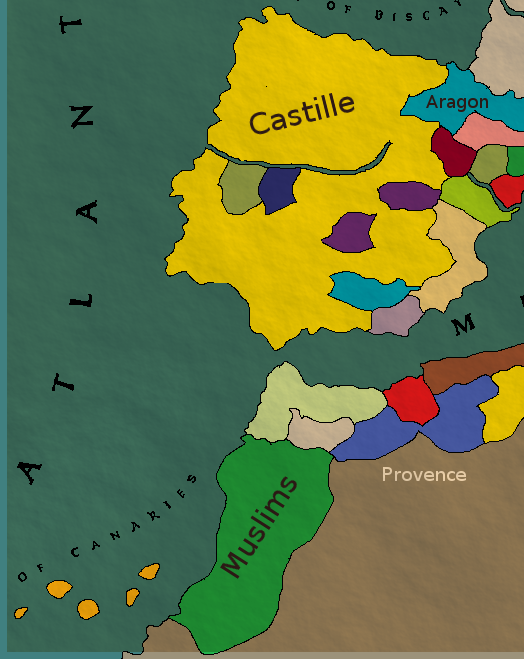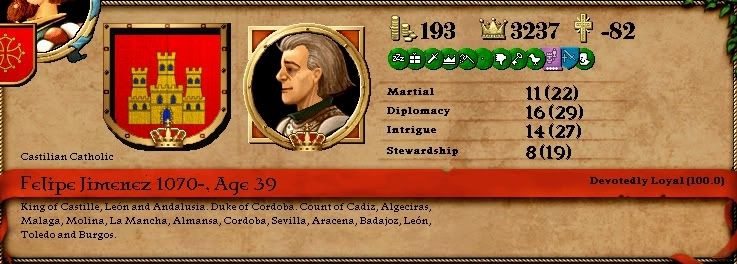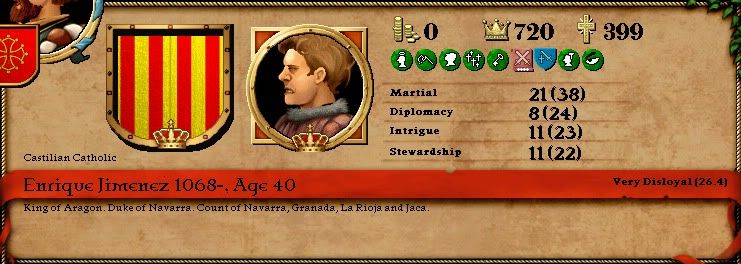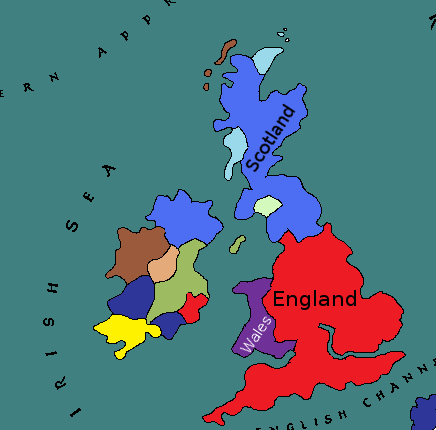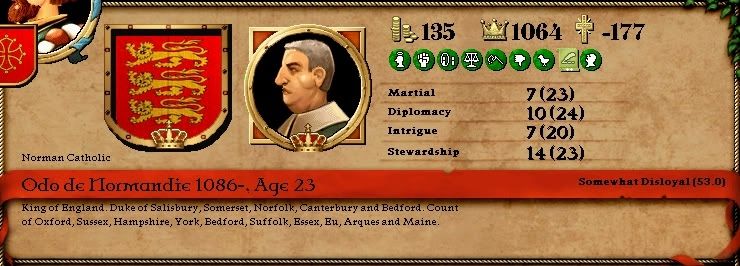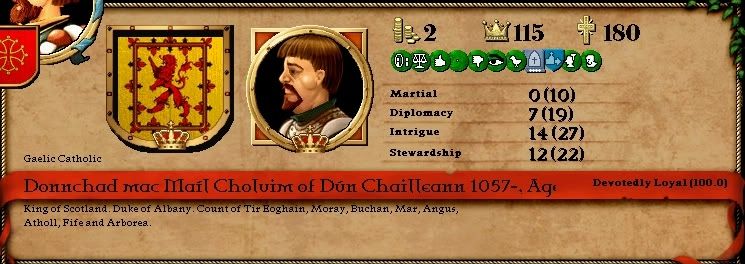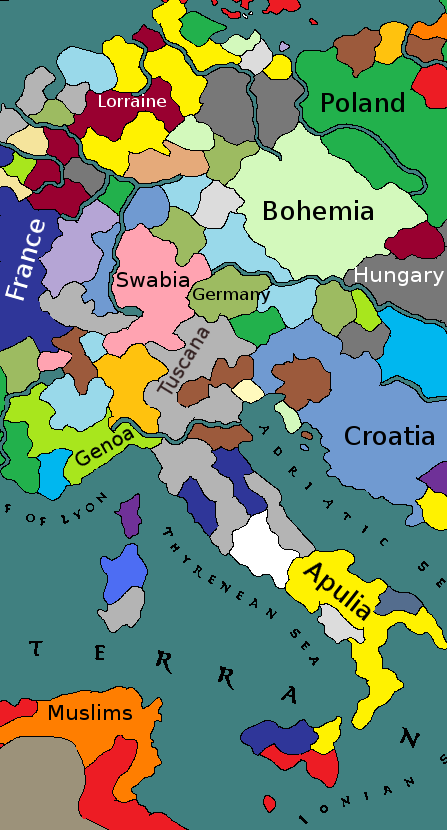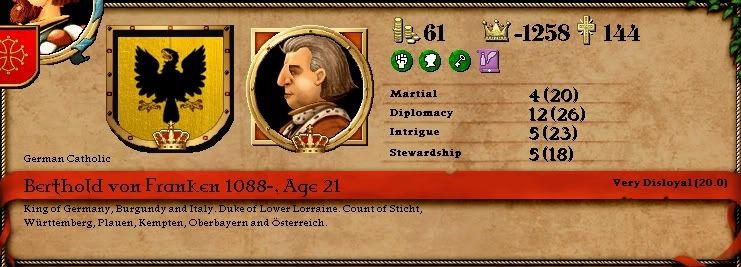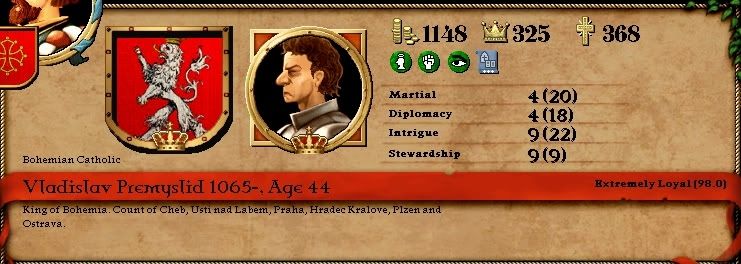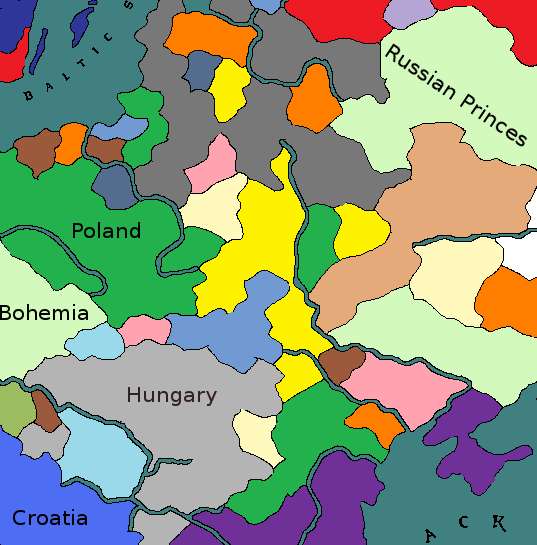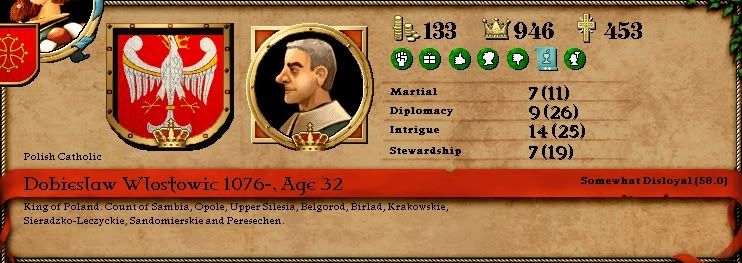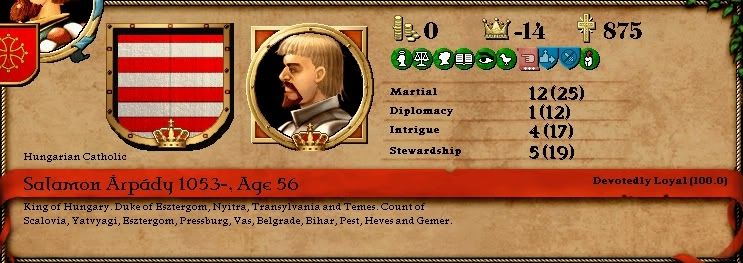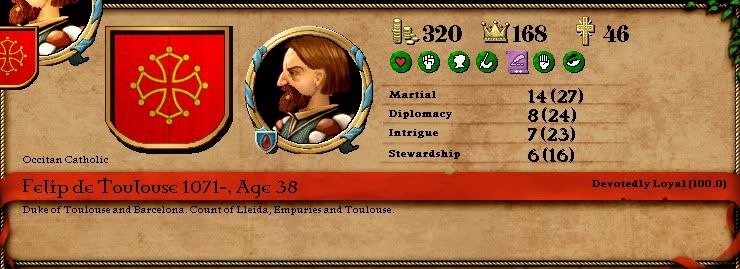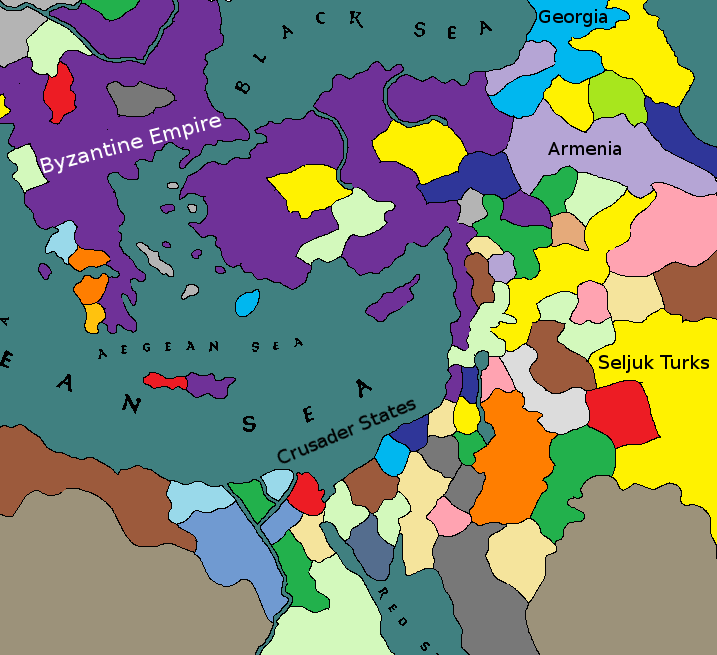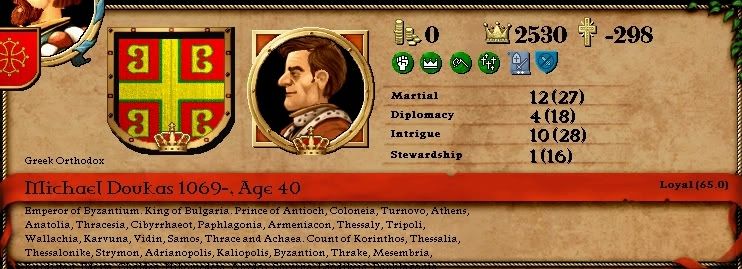The old Holy Roman Empire has suffered massive collapse along regional lines over the past years. The rise of regionalism has left central Europe without any considerable leader. The massive civil war that broke out amongst the populations here has settled down to a new status quo for the most part.
The von Frankens of Germany have fallen far from their once lofty perches and are kings in name only. Berthold von Franken himself possesses vast land holdings yet they are scattered to the corners of his former Kingdom and he is now surrounded by freed vassals that seek their own advancement.
The newly minted Kingdom of Bohemia stands out as perhaps the most powerful of the new states created in the wake of the cataclysmic war. Vladislav Premyslid maintains his country bordered on nearly all sides by fragments of the realm Bohemia once belonged to.
Croatia has prospered in the recent years by expanding into the Slovene territories in northeast Italy. Not much can really be said about the Kingdom other than it appears quite stable and will likely remain a player in the Balkan region for the foreseeable future.
All of the other German states have either elected to try an independent existence or aligned themselves with their regional dukes. None can really be said to be more powerful than the others and one can easily say that dominance is completely up for grabs.
Eastern Europe has seen both expansion and contraction among the principal player nations in that region as well as the near extinguishing of the pagan tribes that once held sway there.
Poland has maintained its power even through multiple rebellions, including the one that put its current King on the throne. Dobieslaw Wlostowic rose to overthrow the Piast dynasty nearly ten years ago and has seen Poland grab bits of territory in the land once occupied by the powerful Cuman tribes. His only real competition now comes from a stagnant Hungary and the Russian princedoms that hold sway over the steppe.
Hungary has suffered its share of setbacks during the previous years. Salamon Arpady still holds the throne yet he is childless and altogether quite ill at ease with his situation as an excommunicated king with rebellious vassals. It seems that the days of Hungary’s unity are soon to be a thing of the past.
The Russian princes further east are of little importance outside their respective regions and most of their time is spent clearing up the small scraps of pagan territory that remain in their reach.



